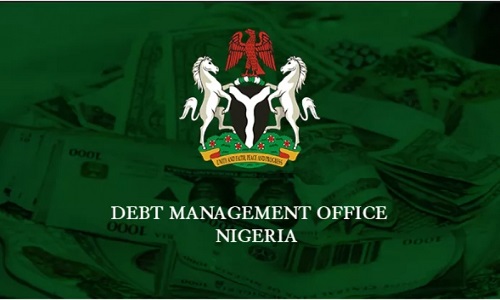SECTOR INSIGHT 09/05/2023
Discos Express Concern as Power Supply Drops to 4,000mw

The Association of Nigerian Electricity Distributors (ANED) has expressed worries on the unstable power supply across the country, which they observed has dropped to 4,000 megawatts in the past three weeks.
The group said Nigeria needs to generate about 33,000mw to have reliable electricity supply.
ANED’s Executive Director, Research and Advocacy, Sunday Oduntan, said this in Yola on April 5 at a stakeholders’ workshop, which the association organised in collaboration with the MacArthur Foundation.
The theme of the workshop was, ‘Building consumer awareness and strengthening the customer service capacity of electricity distribution companies.’
Oduntan disclosed that the nation had not enjoyed more than 4,000mw of power supply for the past three weeks, while calling for increased investment in the power sector to address the problem.
He added, “In Nigeria, they say we have a population of 210 million and about 32 million households are connected to the grid. Nigeria has a heavy deficit. The rule of thumb all over the world on the production of electricity says you do 1,000mw per one million population for people to have uninterrupted electricity.
“So, with 32 million people having access to electricity, meaning they are connected to an electricity source, you need to generate 32,000mw. Today in Nigeria, what we produce is 4,000mw. In the last three weeks, we have never done 4,000mw. So, we need 32,000mw to ensure stable electricity supply to every household connected to the grid.”
Oduntan said the Federal government had taken steps to ensure improvement in power supply since the unbundling of the Power Holding Company of Nigeria in 2013, but added that the problem remained that of cost recovery and profitability of investment on the part of the DisCos.
He regarded the power sector in the country today as different from that of 2013, saying, “What we collect till today as DisCos has never been up to the energy sent out. So, we have never been able to match the energy we receive with cash.”



